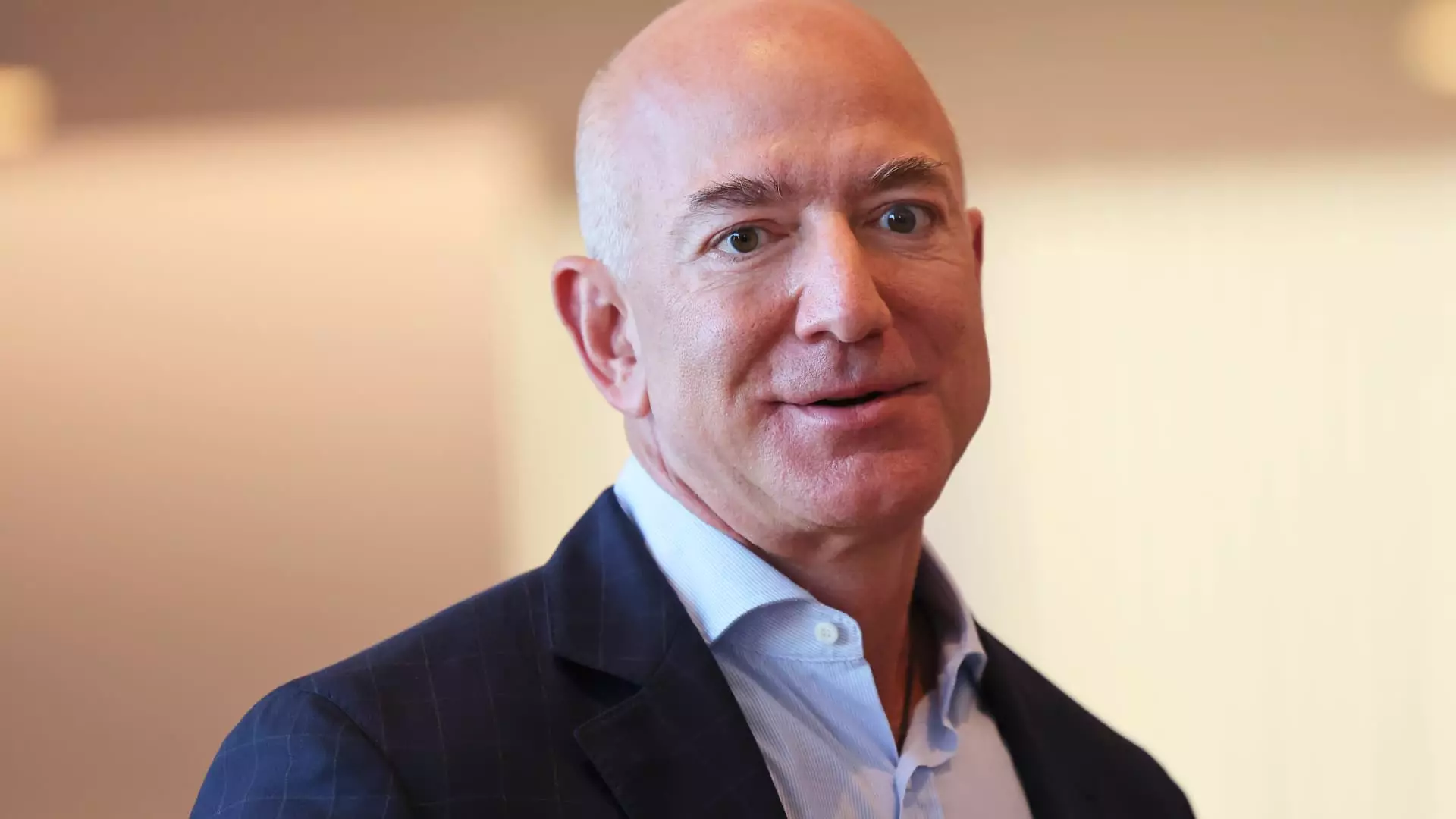In a bold and surprising move, the Washington Post recently announced it would no longer endorse presidential candidates, a tradition it had upheld for decades. This decision, defended by its owner Jeff Bezos, is seen as an attempt to restore trust in the media landscape battered by perceptions of bias and partisanship. In an op-ed published shortly after the announcement, Bezos expressed regret over the timing of this change, wishing it had come sooner, and acknowledged the ongoing turmoil within the paper’s editorial and circulation departments following the decision.
The move to discontinue endorsements stems from a belief that such actions do little to influence undecided voters, particularly in critical battleground states. Bezos articulated that presidential endorsements tend to foster the impression of bias rather than neutrality, stating that independent voters are unlikely to let a newspaper’s endorsement sway their decision at the ballot box. This perspective challenges long-held assumptions about the power of media endorsements in shaping electoral outcomes.
Following the controversial decision, the repercussions have been swift and pronounced. Reports indicate that the Washington Post has lost over 200,000 digital subscribers in the wake of the announcement, signaling a potential discontent among its readership. Several members of the editorial board have resigned, indicating internal divisions and unease regarding this dramatic pivot in policy.
These developments not only reflect the contentious nature of political media but also raise questions about the Post’s future editorial direction. This mixed reaction highlights the delicate balance media outlets must maintain: on one hand, the pursuit of credibility and unbiased reporting, and on the other, the loyalty and expectations of their readership.
Amid the uncertainty, the internal decision-making process has come under scrutiny. While Bezos insists that the choice to end endorsements was purely an internal matter, sources have emerged discussing his involvement in the timing and delivery of the decision. Notably, there are claims that the decision was made after a draft endorsement favoring Democratic nominee Kamala Harris had been prepared. Such revelations add a layer of complexity to the narrative that Bezos seeks to control, suggesting that the decision may have stemmed from deeper strategic calculations regarding the newspaper’s credibility and public image.
Bezos also addressed potential criticisms of cronyism by emphasizing that important stakeholders from either presidential campaign were not consulted regarding the announcement. His clarification attempts to distance the Washington Post from any implications of favoritism or bias, especially given his relationships within the political sphere.
At the heart of Bezos’s op-ed is a more profound concern regarding media trust in America. A Gallup poll revealed that the media ranks lowest among ten civic and political institutions regarding public trust. This statistic illustrates a broader crisis that transcends the Washington Post and hints at widespread skepticism toward journalistic integrity across various platforms.
Bezos’s assertion that “something we are doing is clearly not working” suggests an urgent need for introspection in the media industry. The notion that newspapers must not only be accurate but also be perceived as trustworthy is crucial for any outlet looking to engage a fragmented audience increasingly skeptical of their narratives.
In light of these developments, the Washington Post’s new approach invites a broader dialogue about the role of media in democracy. While the decision to halt presidential endorsements might be seen as a radical departure, it could serve as a vital experiment that other outlets may consider. For the Washington Post, the challenge lies not only in recovering lost readers but also in redefining its relationship with the public—one that fosters trust and reinforces the ideals of independent journalism.
Ultimately, this decision emphasizes a critical inflection point for the Post and possibly for the media industry at large. As the landscape of journalism continues to evolve, abiding by the principles of transparency and accountability will be essential in rebuilding the trust that has been eroded in recent years.


Leave a Reply